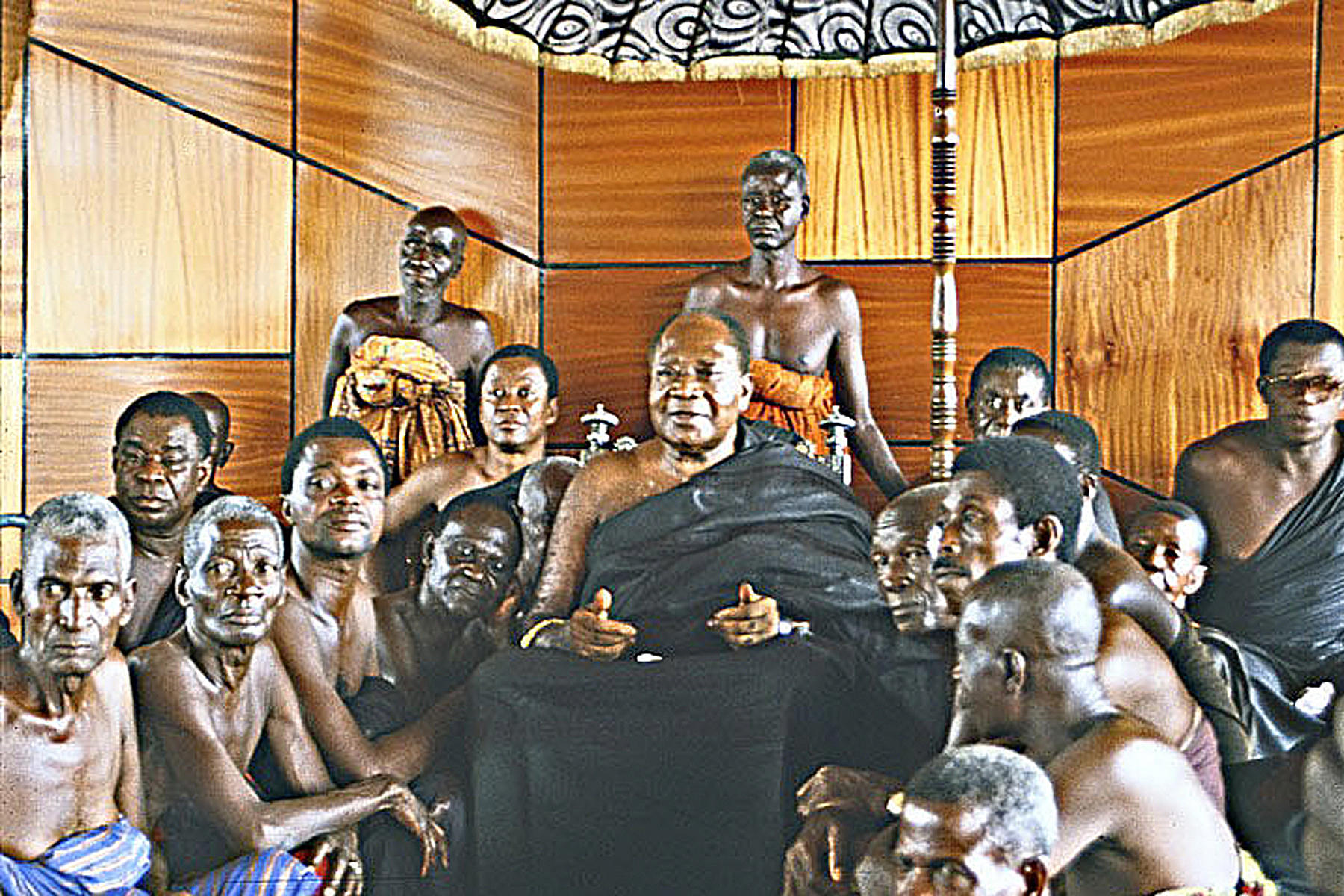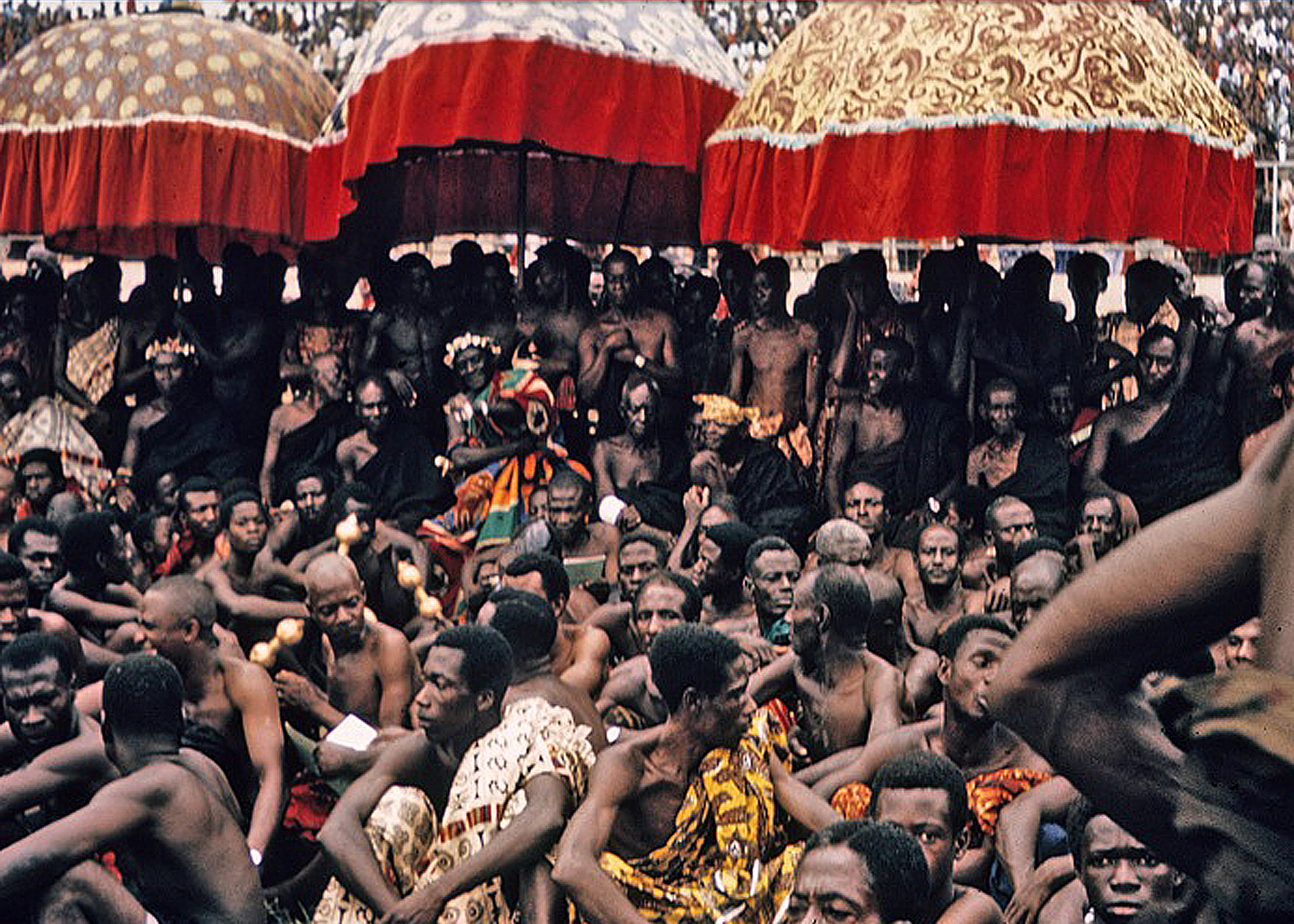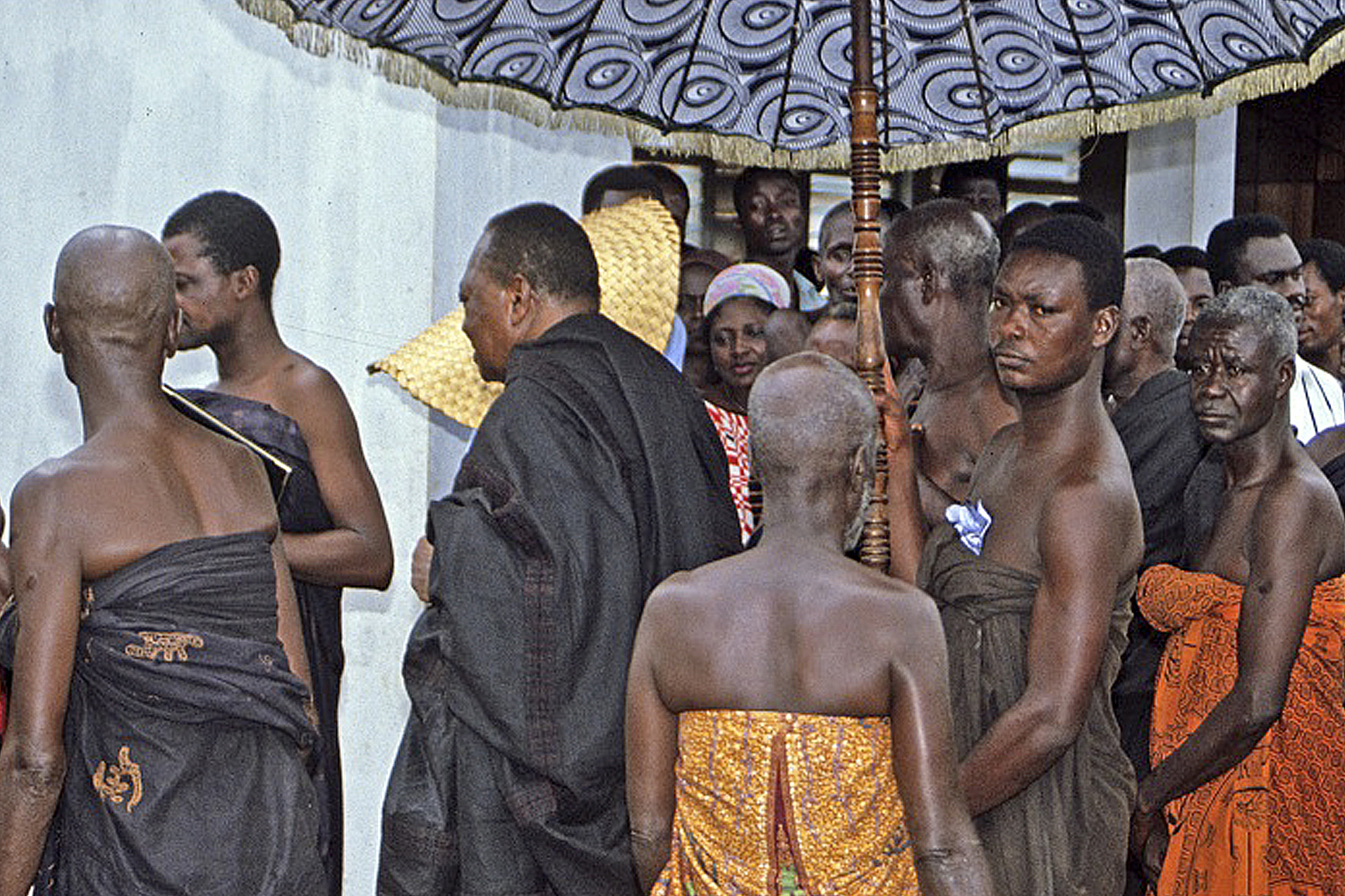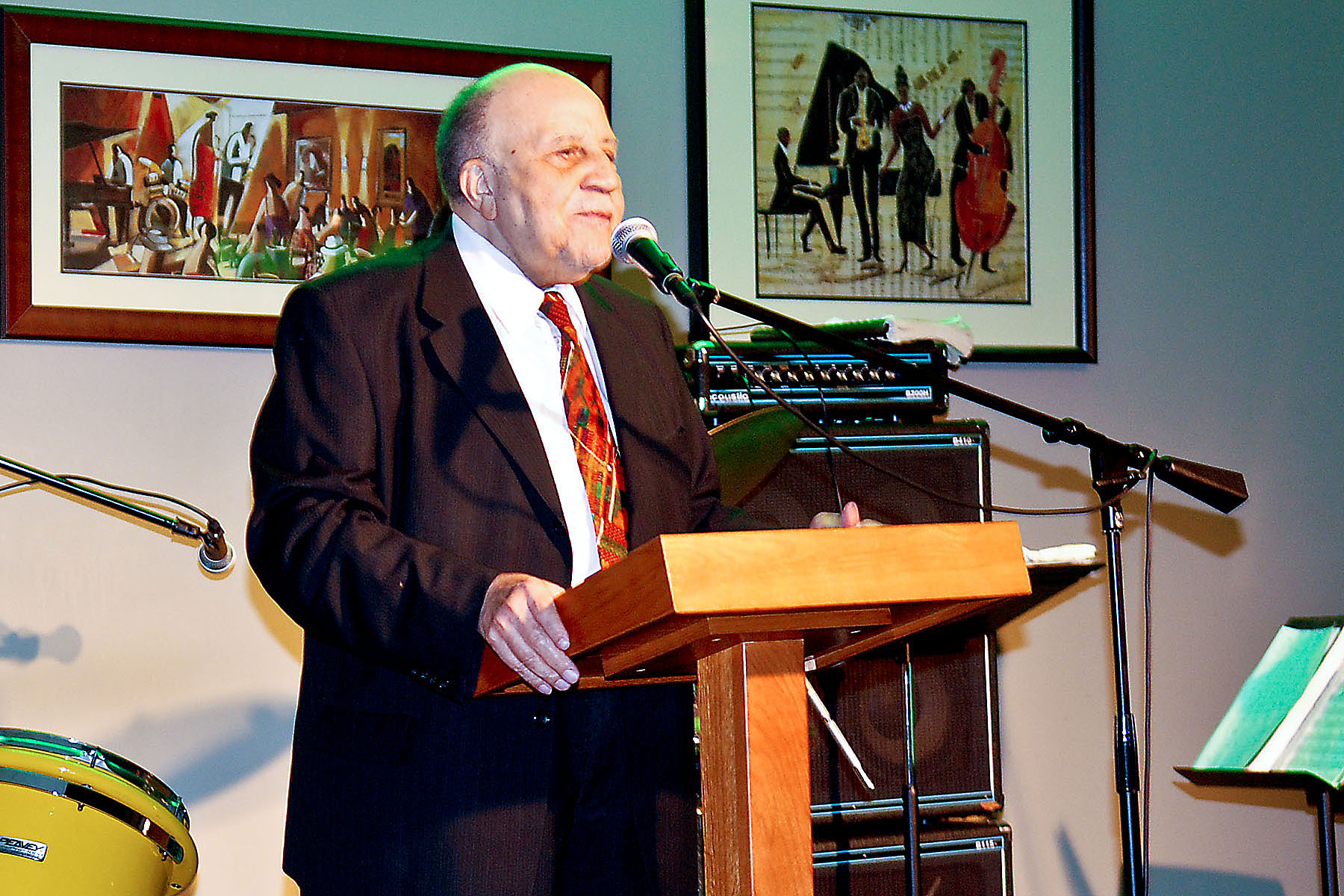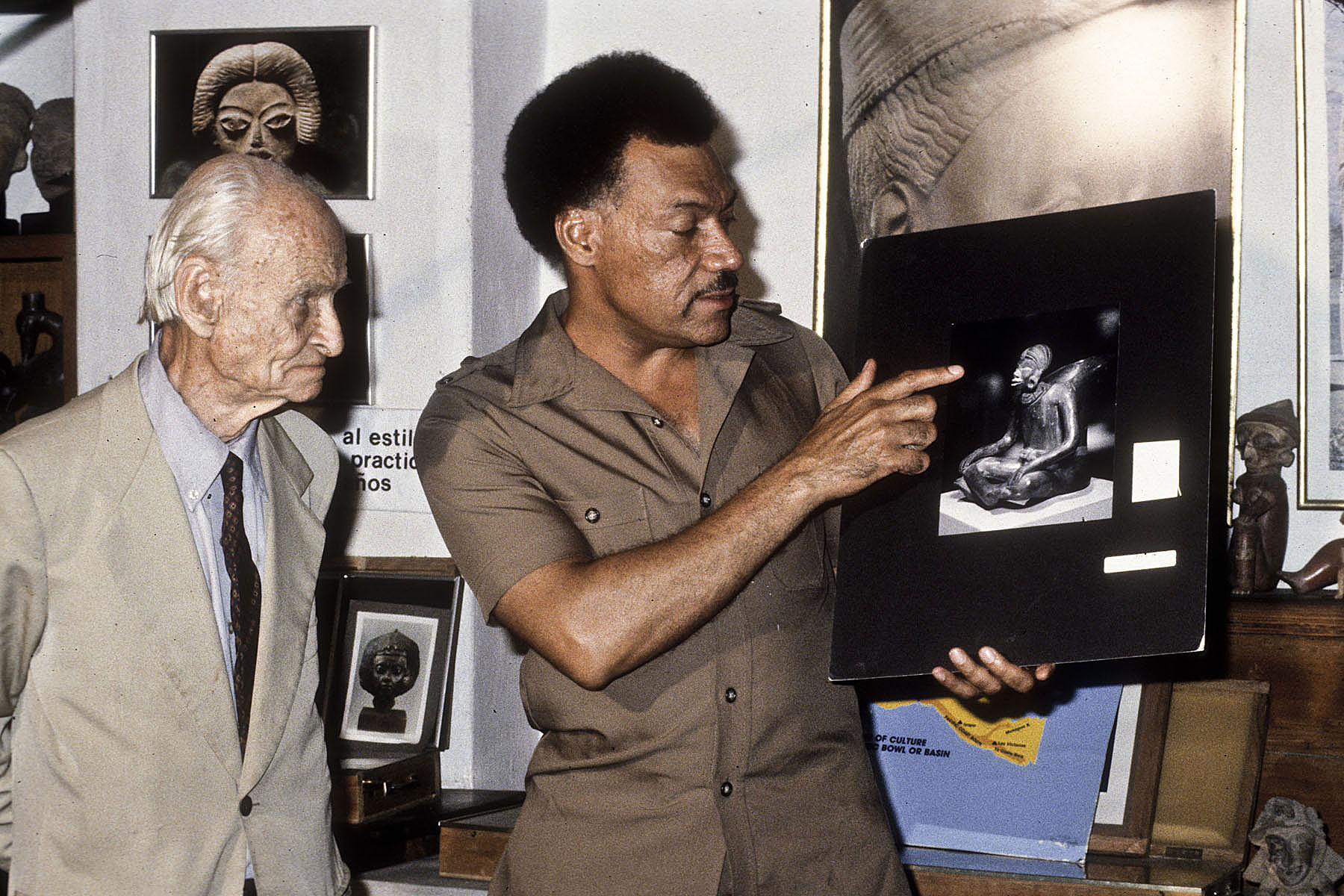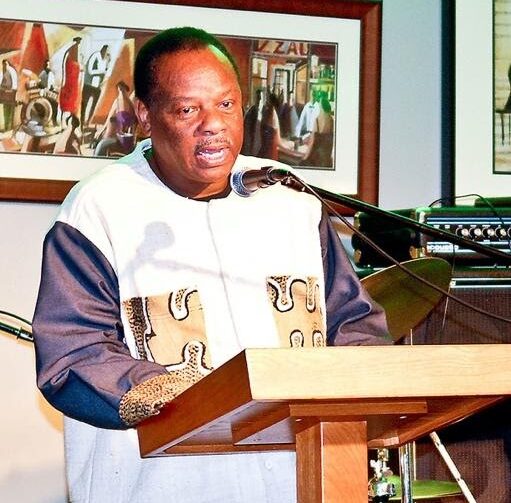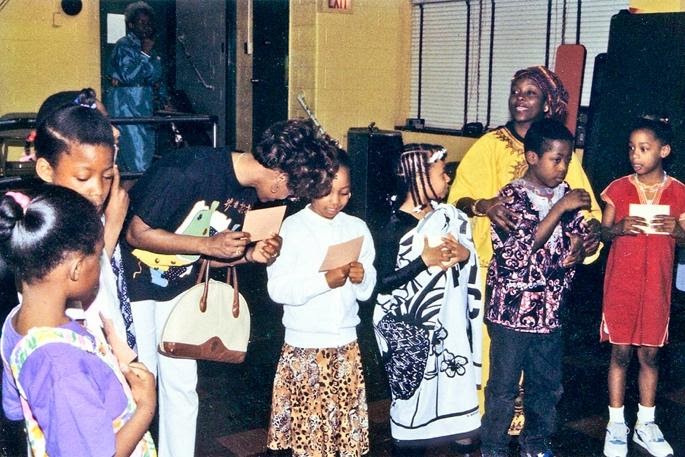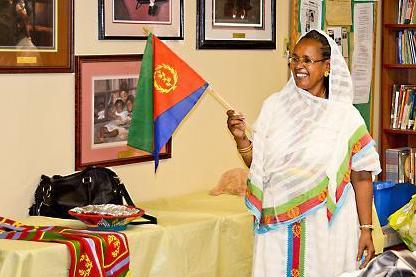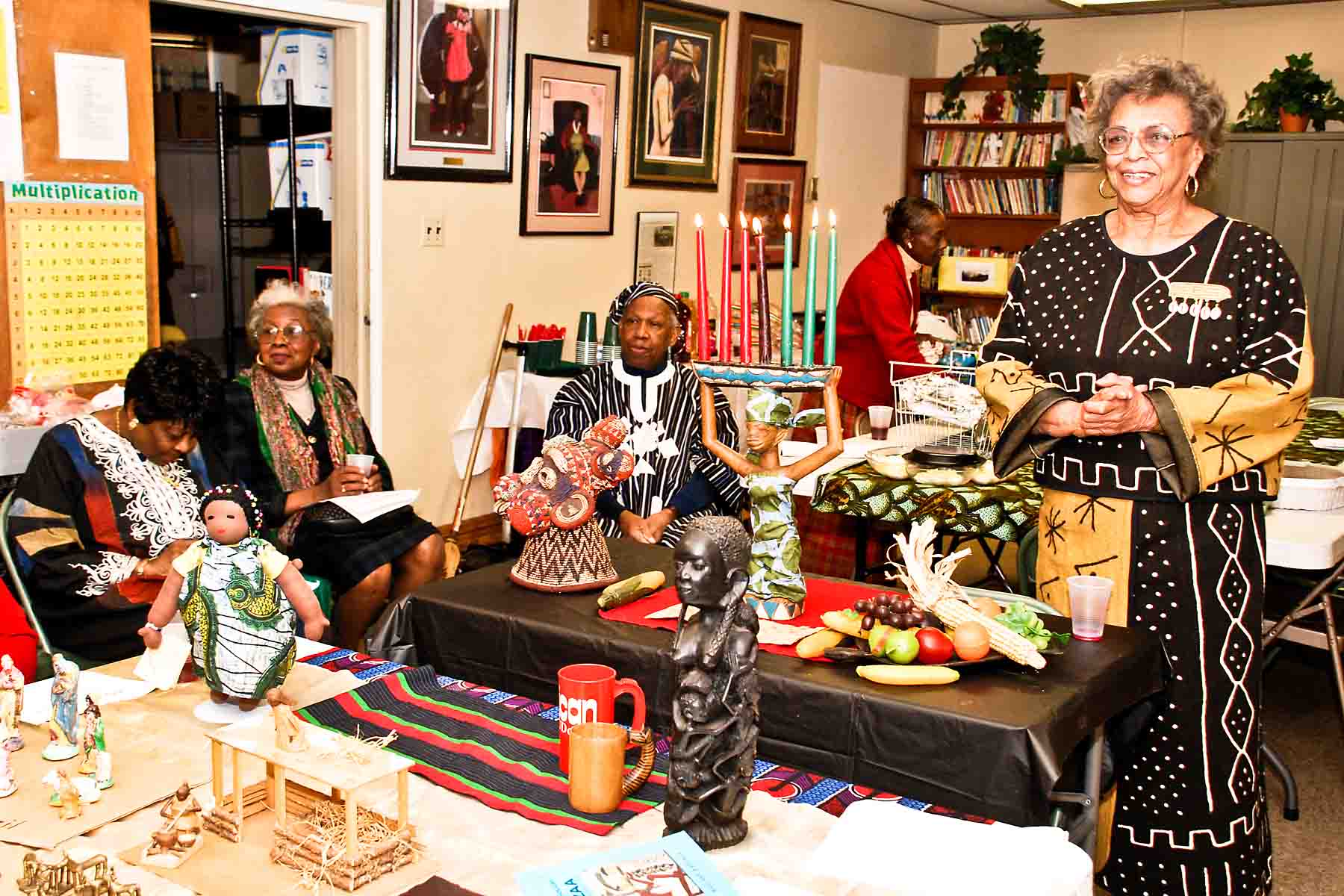One Trip
Changed Everything
Educators to Africa is a common interest organization that was formed after a unique six-week study tour to four West African countries. And as the saying goes, the rest is history.
A Violent Storm
On November 17, 1967, high school senior David P. Richardson and several other student leaders led approximately 4000 students to the School District of Philadelphia headquarters (SDP) to demand the inclusion of African and African-American history in public education.
The nonviolent demonstration quickly turned ugly when Police Commissioner Frank Rizzo directed over 400 police units to attack the children. Outraged at the abusive treatment of the students, parents and community members alike pushed the district to take action.
Pictured: Philadelphia police disrupt a student protest.
Pictured above: William “Bill” Green.
Something’s Got To Change
The Office of African and African-American History and Culture
As we look back to this despicable happening, (the so-called “Rizzo Riot”) who could foresee at the time that it would result in an extraordinary development by school superintendent Mark Shedd.
The School District of Philadelphia created a three-year staff development program for teachers, administrators, and members of the community. A school district administrative directive was announced that required a well-rounded program of African and African-American history and culture be taught for every child in all areas of the curriculum as an integral part of the child’s total school experiences.
In actual practice, the directive translated into a new department within the Office of Curriculum Support. Its responsibilities were teacher training and student learning of African and African American history and culture. Subsequently the Office of African and African American History and Culture was established, with Mr. William C. Green, a history teacher of long standing selected as the curriculum specialist to breathe life into the new department. This was reputed to be the first such department in the nation.
It is…important for African American children to first discover their own identities and background in order for them to identify with the world around them. Such knowledge will help each student to answer these critical questions: Who am I? What is my heritage and legacy?…What can I do to continue the legacy of my ancestors to achieve a more just and equitable society?
– William “Bill” Green, Founder of Educators to Africa
A New Journey
Educators to Africa ’70
However, there was a major problem that hadn’t yet been addressed. How could teachers successfully educate students regarding Africa and African American history and culture, when teachers themselves didn’t know the subject matter.
The task facing Mr. Green was astronomical. Fortuitously, an educational travel program sponsored by the African American Institute based in New York City and the University of Connecticut already existed and it was this program that the SDP was able to join in the summer of 1970. Participants were expected to share their new knowledge and experiences with their colleagues in the United States.
So engaged in ETA ’70 was the SDP that it provided stipends of $750, half the cost of the trip, as an incentive for school district personnel to take advantage of this opportunity.
Thus “EDUCATORS TO AFRICA ‘70” was introduced to the world. One hundred thirty-one educators from twenty-five states participated, the largest contingent of thirty-eight coming from Philadelphia. This was a six-week study tour of Ghana, Togo, Dahomey [Benin], and Nigeria. Cape Coast College in Ghana and Ibadan University of Nigeria coordinated the classroom and field experiences.
The participants attended university lectures and workshops, and made numerous treks to surrounding villages, town, and cities where they interacted with local residents. The interest, personal warmth and shared goals revealed in these person-to person contacts made this cultural exchange deeply meaningful.
But no event from this trip impacted the educators as deeply as attending the ceremony installing the head of the Ashanti ethnic group in Kumasi Ghana. During this ceremony, the educators joined tens of thousands of Africans as they engaged in the centuries-old cultural tradition that legitimized the right of Nana Opoko Ware, II to occupy the “Golden Stool”, the Ashanti symbol of leadership.
It was at this moment, 38 educators from Philadelphia, felt the strengthening of the historical and familial bonds that linked them to the people and lands to which they had journeyed. African history and culture were no longer just concepts to learn, it was the past made present.
From Teachers to Educators
The Pivot
After returning from this incredible journey, in the summer of 1970, the Philadelphia contingent met to create Philadelphia Educators to Africa, an independent community group. As a formal organization they could engage the public and share their newly acquired knowledge about Africa throughout the community.
Several years later the group dropped “Philadelphia” from their name and became known simply as Educators to Africa. Originally, the expectation was that this group would be placed in key positions within the SDP to share their newly acquired knowledge. Unfortunately, this move would never come to fruition. The ETA did however pivot towards using their collective power to enact change at home and abroad.
Educators In Action
The African Diaspora Seminar
During the autumn of 1970, we promoted an educational seminar at the Berean Institute using ETA members as discussion leaders. The topics of interest were related to West African culture, economics, geography, and history.
That evening the public was invited to attend an ETA sponsored dinner at the Holiday Inn. The keynote speaker of the event was Dr. Edward Robinson, one of Philadelphia’s own African-African American history gurus. His job was to tie together African and African American relationships.
For the next thirty years ETA sponsored an annual educational seminar. At these events we were able to bring in some of the best Africa Centered scholars of various subjects related to the history and cultures of Africa.
On several occasions Dr. John Henrik Clarke, history professor from Hunter College, spoke to our audiences on early African history, including the three Golden Ages of Africa: the creation of Dynastic Egypt, the movement of the Moors into Spain, and the rise of the three Great West African Empires, Ghana, Mali, and Songhai. Dr. Asa G. Hilliard, III, the E. Fuller Calloway professor from Georgia State University, shed light on how Africans socialized and educated their children.
“They Came Before Columbus” author Dr. Ivan Van Sertima of Rutgers University introduced us to some of the physical evidence that proved the presence of Africans in the “New World” hundreds of years before the Christopher Columbus voyages.
Dr. Molefi Kete Asante, of Temple University, is the founder of the country’s first Ph.D. program in Africology. Over the years, he has been a regular presenter at ETA’s seminars where he explained his theory of the “Afro-Centric Idea”. Which urged listeners to see the world through their own eyes and not through the eyes of others.
By all means, one of the most important myths dispelled by our seminar series was the myths perpetrated by early Eurocentric scholars that took Egypt out of Africa.
Spreading the knowledge
Other ETA sponsored programs, trips, and events
Children’s African History and Culture
One of the most impactful activities developed by ETA was “The Children’s African History and Culture” program offered on Saturday mornings for six years.
The children learned history, geography, language, art and dance from visiting African teachers. Several hundred children and their parents participated each year.
International Aid
Throughout the 70s, ETA provided a platform for local African exiles to present to the public political and social issues faced by their families in their home countries.
Additionally, ETA members were involved in raising funds to support several schools in Ghana. We raised significant money to support a school for orphan children in Gulu, Uganda and at the same time collected a thousand books to stock the Gulu school library.
Also the ETA donated clothing and funds to Jamaica and Haiti after devastating hurricanes and earthquakes.
Scholarship Funding
Throughout the ETA’s existence we’ve provided financial scholarships for local continental African students attending Philadelphia institutions of higher learning.
In 1991, ETA established the John Henrik Clarke Educational Fund at Temple University to support the Ph.D. program in Africology. The program continues today.
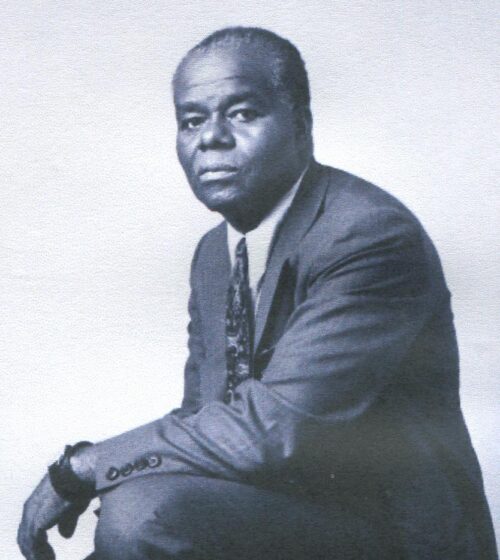
Event Hosting
Every year the ETA has hosted a variety of events and cultural trips to various local and interstate theaters and museums.
In 1974 the ETA started the annual Philadelphia community KWANZAA celebration.
In 1996 we organized the African-African American monthly book club SEBA, open to anyone interested in the history and culture of African people
ETA Today
Recommitting To Our Goals
In 2013, ETA realized that a new future direction was needed. In response, five goals were set as we prepared to enhance our relationship with Africans on the continent and in the Diaspora.
As we look towards the next 50 years, we’re excited to expand our membership and revitalize our programming to not only connect members of the African Diaspora to to our collective past, but to each other and our future.


